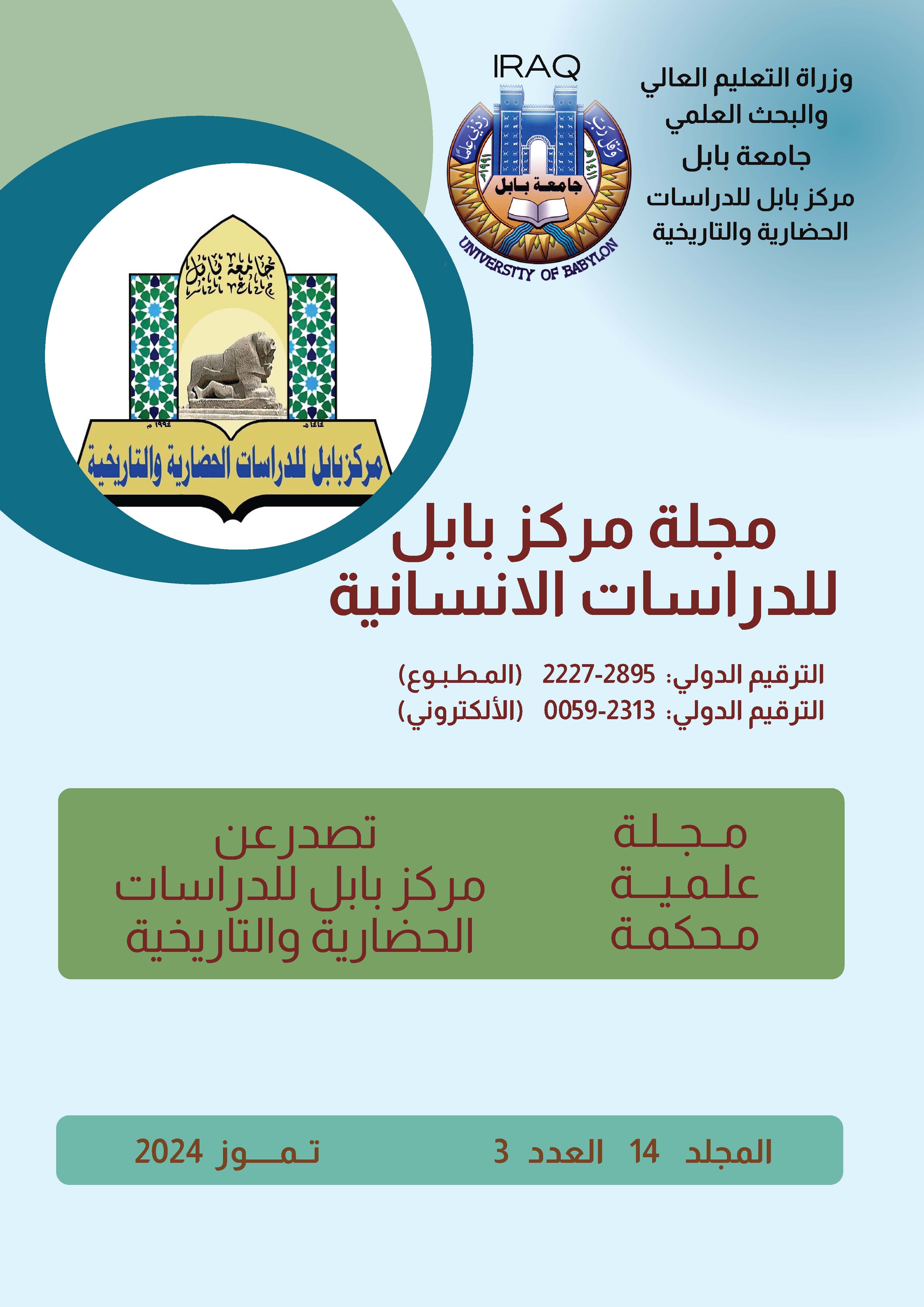Criticism of the interpretive principles of Al-Arousi Al-Huwaizi in using the hadiths fabricated in Surat Al-Baqarah
Keywords:
Al-Huwayzi, interpretive principles, The distortion of hadith, exaggeration, IsraʼiliyyatAbstract
Interpretation is revealing the meanings of the Qur’anic text and its implications and the interpretive approach is the method adopted by the interpreter in the process of interpretation in terms of tools, means and sources. There are different approaches to interpretation, but narrative interpretation is one of the oldest and most common interpretive approaches. It means that the interpreter makes use of the Sunnah of the Prophet (PBUH) and Ahl al-Bayt or the People of the House (peace on them), which includes their words, actions, and reports, in order to clarify the meanings and purposes of the verses of the Qur’an. Narrative interpretation means that the source for interpretation is the narration, so the interpreter must be aware of the conclusiveness of that narration in its support and meaning. Because there are forged and fabricated hadiths and narrations that contradict the infallibility of the prophets and imams (peace be upon them), and they are infallible and protected from disbelief and ugliness. Therefore, this research is based on a descriptive and analytical approach, with the subject of criticizing the interpretive buildings of Al-Arousi Al-Huwaizi in using the hadiths fabricated in Surat Al-Baqarah. Abd Ali bin Juma al-Arousi-Al-Huwaizi wrote Tafsir Nur al-Thaqalayn based on the narrations of the infallibles (peace be upon them). In his interpretation of Nour al-Thaqalayn, due to his influence by the news tendency, al-Huwayzi limited himself to narrating hadiths and did not evaluate them. Weak and unreliable hadiths were mentioned in his interpretation. His interpretation does not include a discussion of words, parsing, and reading of verses, and since he did not include interpretive narration in some verses, it does not include all verses of the Qur’an. In this research, in addition to studying each of the factors mentioned above, examples of the interpretation of verses of Surat Al-Baqarah from the interpretation of Nur al-Thaqalayn in the use of fabricated hadiths were cited and criticized.







